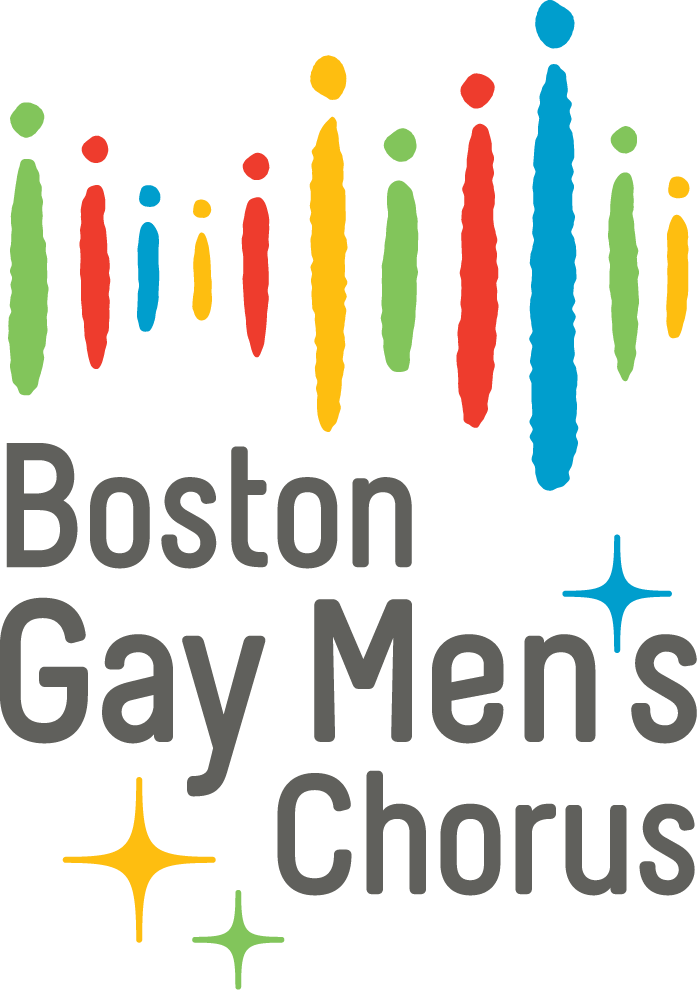From our earliest years, we’ve taken our music to places where it’s never been heard before. We sing for audiences puzzled by our insistence on identifying as not just “singers,” but “gay singers.” We perform for lesbian, gay, bisexual, and transgender (LGBT) people for whom our concert is their first experience of an LGBT cultural event. We take the stage in the face of those who try to silence us because we are openly gay.
“It was important to travel and all of the guys realized this,” recalls Lee S. Ridgway in “Cultural Ambassadors: Boston Gay Men’s Chorus,” a short film documenting our history of touring. Ridgway, who was BGMC’s music director from 1983-1985, notes that in the 1980s there weren’t many organized and active gay groups located outside of Boston. By performing concerts in central and Western Massachusetts and beyond, we were performing, in Ridgway’s words, “missionary work.”
As we prepare for our 2018 South Africa Tour, “Cultural Ambassadors” shows why we take our show on the road, and shares stories from past tours that demonstrate how valuable those journeys have been to the communities we visit—and to us.
Our first organized tour, in the spring of 1992, took us through New Hampshire, Maine, and Vermont, where our fundraising concert for a local AIDS organization was picketed by religious fundamentalists. BGMC founding member John Strumwasser remembers that the Vermont protest (which garnered coverage in the Boston Globe under the headline “A first for Boston Gay Men’s Chorus: Protesters”) backfired. “They didn’t want us to pollute their town, which was a great aid in selling tickets,” Strumwasser recalls.
That dynamic—protests that backfire with unintended consequences on those who would prefer we remain silent—has played out multiple times since. In 2005, our glorious performance in Germany at the Siegessäule monument before an LGBT Pride crowd estimated at 700,000, was followed by protests in Wroclaw. We arrived at our concert hall under the protection of riot police. Audience goers had to walk past protesters to take their seats. But our performance of the Polish national anthem earned a four-minute standing ovation and a common headline in coverage around the world of the protests and our performance was “Music Triumphs Over Injustice.”
In 2015, we were greeted in Istanbul by state-sanctioned homophobia when our original performance venue was forced to cancel our concert. With the help of local LGTB student activists, we performed instead at Bosphorus University before an enthusiastic crowd of 5,000 Rainbow flag-waving music-goers. But the following day, when we were to headline Istanbul’s annual Pride Parade, we watched riot police violently shut it down with water cannons and tear gas.
The experience, recalls Strumwasser, who is one of our few members to have travelled on all three tours, was a “powerful illustration to us as to why what we do is important.”
The experience was a shock for many of our younger members, says BGMC Music Director Reuben M. Reynolds, III “who have never known this kind of” discrimination.
“By telling our stories and just being us, we [help] make a little change in the world,” says Reynolds.
Boston Mayor Marty Walsh agrees. As he puts it in “Cultural Ambassadors”: “As much as any other single organization, [the Boston Gay Men’s Chorus] has proven the power of the arts to change lives and change the world.”
